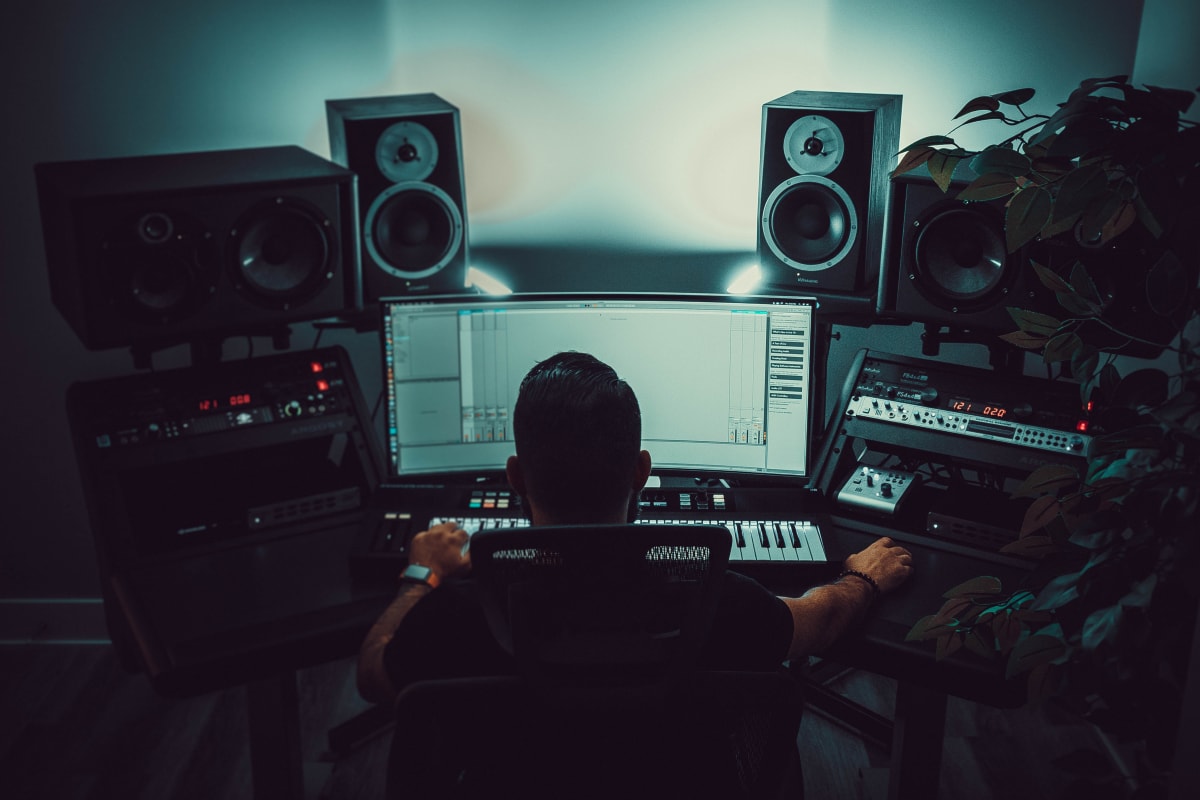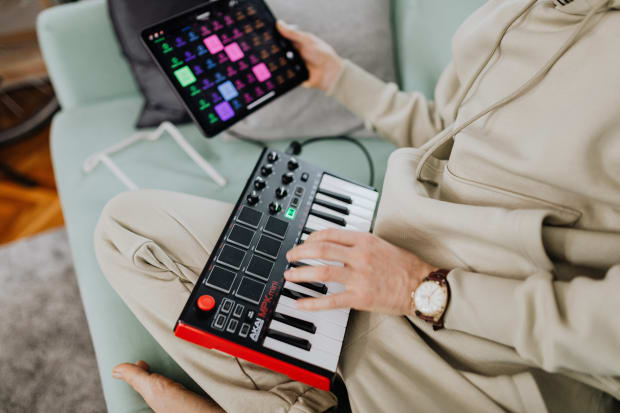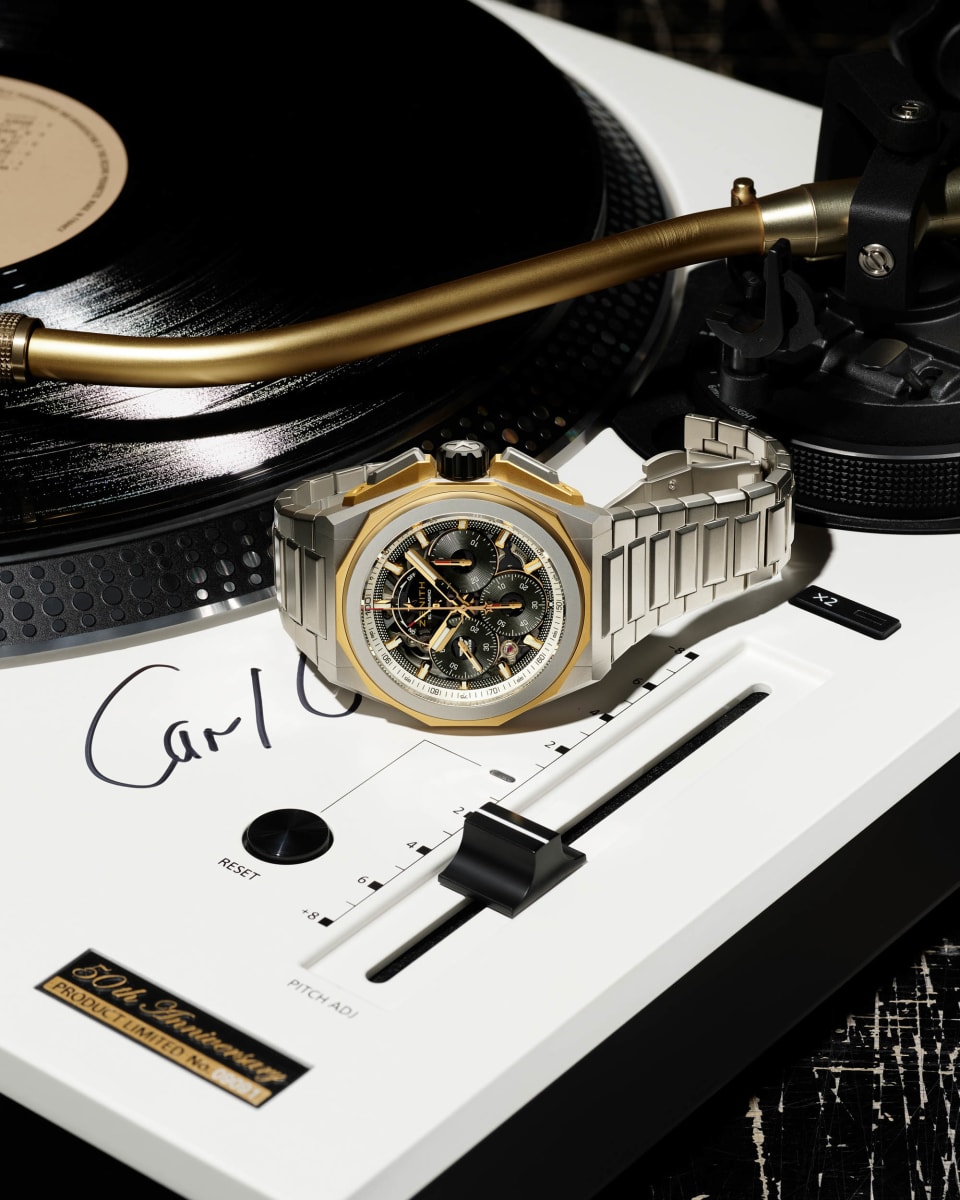Survey Reveals Over Half of Musicians Would Conceal Use of AI in Their Music

The viability of artificial intelligence in the creative arts is causing musicians to define where they stand with regards to embracing the rapidly proliferating technology.
As one might expect, opinions on the tech and its perceived impact vary widely, but one thing is clear: many artists are bringing AI into their creative process and even more desire to do so.
Those were two key takeaways from Pirate's survey of over 1,000 artists on the issue. Pirate, a global studio network, provides spaces for over 365,000 musicians to create and record their music across the UK, US and Germany.

One of the study's striking revelations is that a considerable 25% of the surveyed musicians have already dabbled in AI-facilitated music production. This inclination toward AI isn't just a fleeting fascination, as an additional 46% of those yet to experiment expressed a keen interest in leveraging AI music tools in their future endeavors.
However, the burgeoning wave of AI adoption unfurls a critical issue: the enigma of transparency. The statistics reveal a glaring divide in the making, as a mere 48% of artists are inclined to divulge the use of AI in their compositions to their audience.
Pirate's CEO, David Borrie, weighed in on the findings, drawing parallels between the initial resistance towards the advancement of autotune in the late 2000s and the current reservations surrounding AI.
"Understandably, artists are hesitant about adopting AI in the studio, and also hesitant about broadcasting their use of this controversial new technology," Borrie said. "It’s useful to look back at the introduction of tools like autotune which faced criticism in their early days, but eventually found their place in the music industry. AI's journey toward becoming a standard tool in music creation may follow a similar path, as artists and audiences alike adapt to this innovation."
You can read Pirate's full study here.






















